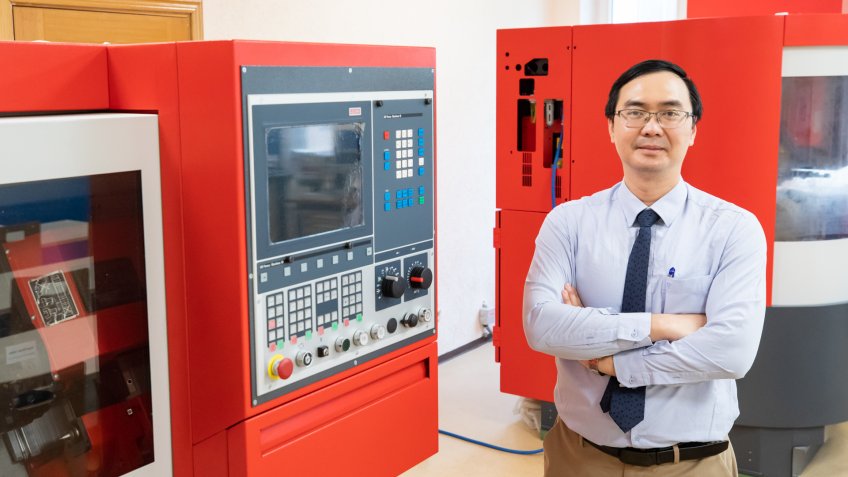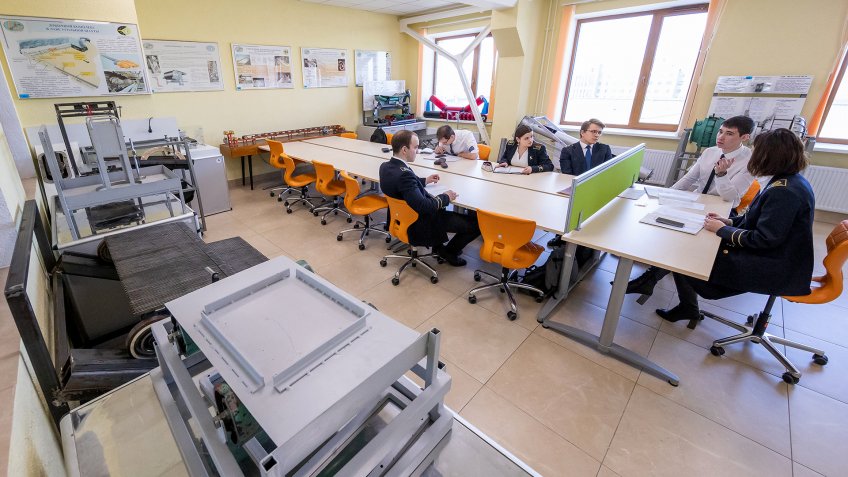
When one speaks of relations between our country and Vietnam, the first thing that comes to mind is the Vietnam War, during which Moscow provided considerable support to the young republic. However, the ties are not limited to the events of fifty years ago.
As a striking and memorable example, the first Vietnamese cosmonaut Pham Tuan graduated from the Krasnodar flying school and was sent into space on the Soviet space ship Soyuz-37. In the past, we cooperated closely in agriculture and construction, not to mention the military and technical sectors. One of the main areas of cooperation was in the oil and gas sector: the Vietsovpetro joint venture in Vungtau, founded in 1981, has become a symbol of partnership. It continues to operate successfully to this day. In 2010, an intergovernmental agreement was signed to extend the company’s operations until 2030. Since the beginning of field development, the company has produced more than 220 million tons of oil and more than 30 billion cubic meters of associated gas.
Today, Vietnam remains one of Russia’s key partners in the Asia-Pacific region. In addition to mining, manufacturing, energy, transport, and food, scientific, technological, and educational cooperation is intensively developing. Vietnamese citizens have the largest quota among all non-CIS countries for free education in Russian universities - about one thousand students per year.
Le Thanh Binh works as a senior researcher at the Institute of Energy and Mining Engineering (IEMM) and has recently arrived to St. Petersburg to defend his Ph.D. thesis.
“After completing my master’s degree at Hanoi University of Science and Technology in 2006, I got a job at IEMM in the materials science laboratory. This research institute is part of Vietnam’s largest mining company Vinacomin and specializes in manufacturing and repairing mining machinery and parts. After 5 years, I became the Deputy Director of the Industrial Testing Center there, and I wanted to improve my qualification. In recent years, higher education in Vietnam has advanced a lot, but still, there is a big distance between us and developed countries, especially the G7 and Russia. The deputy director of the Institute advised his alma mater, St. Petersburg Mining University, where many of our employees graduated. I found out about the existing program of cooperation between the university and the corporation, the availability of a suitable field of study, and the opportunity to receive a scholarship. As a result, in 2013 I became a postgraduate student in Mining Machines," says the young scientist.
At the last meeting of the Federation Council Committee on Science, Education and Culture, the head of the Ministry of Education and Science Valery Falkov said that only 3% of foreign students in Russia are trained in postgraduate programs, i.e., 10 thousand people out of 310 thousand.
According to Le Thanh Binh, nothing is surprising in these figures, as students expect to immediately start working and become financially independent after training.
“If you do research, however, the study process is extended by three to four years. Not everyone can afford it. Graduate student stipends at most universities are far from the average salary level. Mining University stands apart in this sense. Locals have it easier than foreigners, who have to pay for living expenses and cannot rely on family support. That is why many of them limit themselves to Bachelor’s and Master’s degrees. In my country, postgraduate studies in Vietnam are not free and cost about $15-20 thousand,” stresses the young scientist.
Today Vietnam is very interested in engineering education, and the development of technical education is a national priority. Tens of thousands of young boys and girls enroll in polytechnics and thousands more go abroad to study.
“The mining of coal, granite, limestone, oil, and gas provides a significant share of our national economy, and the development of mining mechanics as an auxiliary industry directly affects the success of the mineral industry. In Russia, I was able to delve into scientific fields relevant to Vietnam. My dissertation is devoted to improving the durability of percussion tools, in particular the hydraulic hammer, which we actively use in quarries and mines. In partnership with professors from Mining University, I wrote scientific articles, visited hydraulic hammer factories, tested various models during mining operations both in Russia and Vietnam,” explains Le Thanh Binh.
In 2018, the young man graduated from graduate school, returned to Hanoi, and continued working at the Institute of Energy and Mining Engineering in parallel with his Ph.D. work. He was promoted to deputy head of the R&D department, whose responsibility is to manage research work on mining machine optimization and new product manufacturing.
"In my case, getting a research degree is necessary for further career advancement. At the end of this month, I hope to become a Ph.D. And very shortly, I will apply for the position of head of R&D. For Vinacomin, studying in Russia is very important. So far, 15 employees of our research institute have taken postgraduate courses at Mining University, and two more were sent to study personally by me. In the future, I plan to intensify the educational and scientific cooperation between my corporation and the university regarding the training of engineers and scientists, joint research, and exchange of experience. There is a saying in Vietnam: ‘The way back always seems to be shorter.’ However, this is not without exceptions. I think it will be no less significant contribution to international relations than if I had stayed in Russia," summed up the postgraduate student.
